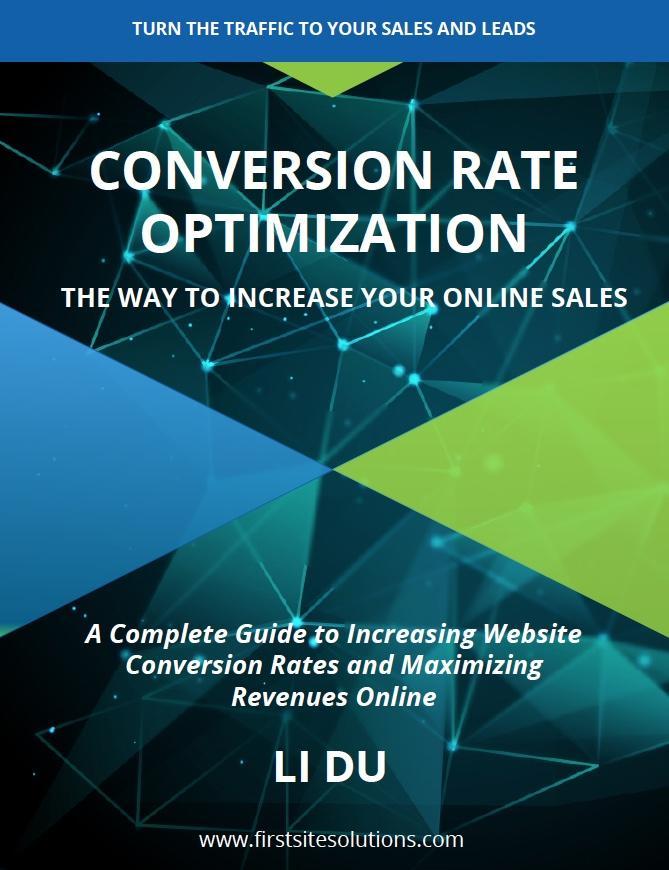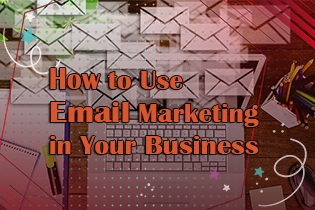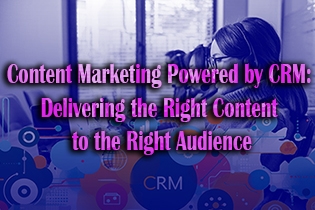
If your potential customer has an email address, you can get a conversion. All it takes is a well-planned email marketing campaign.
The power of email is overwhelming. Just a few words written at the right moment and sent to the right person could increase the revenue of your company tremendously. Take advantage of this power today with this simple yet highly efficient guide.
In this article, you’ll learn which steps to take to ensure excellent results of your campaign as soon as you send the first email.
1. Identify the Goals of Your Campaign

The goal is to get more money, right? Yes, but it’s a bit too general. Email marketing campaigns could vary depending on what you want to achieve. Do you want to get new leads for your sales department? Are you planning to bring more people to the upcoming event? Do you need to get old customers back? Or maybe you should keep your existing clients coming?
The goal of your campaign dictates the format. It can help you when you are creating content, setting up email schedules, working out promotions, and much more.
2. Build a Clean Email List
No matter how excellent and thoughtful your email marketing campaign is, without a clean email list, it’s useless. A bad list doesn’t just nullify your efforts, it could ruin your reputation, get your domain blacklisted, and even lead to fines.
You have to make sure the email addresses on your list belong to real people, and that these people are your potential clients. Otherwise, your emails will end up bouncing, in spam folders, and on blacklists.
According to experts from Byteplant, checking the validity of your lists manually is too time-consuming. Unless you have fewer than ten addresses, figuring out which ones are valid by hand can take hours. That’s why you should consider automatic email address validators. They ensure the quality of your list without actually sending emails and bothering recipients.
Never buy “ready-to-use” lists. They have a very low ROI and a high potential for trouble.
3. Figure Out Which Type of Emails to Send
Marketing campaigns often include different types of emails. The most common are:
- Newsletters – these emails can have numerous goals. They share information about your company to help buyers identify with it. Newsletters can generate leads, help connect with old clients, improve brand awareness and much more. These letters should be concise and information-packed. No one is ready to read a long email.
- Promotional email – these emails are especially useful for advertising purposes. However, you have to be careful about their variety. Too many promotions and special offers can make a client suspicious, so your messages could end up in the trash. Make sure to send only high-quality offers that your clients could be interested in. You can segment your email list and send different offers to different groups.
- Announcements – you can send such emails to announce a new product while strengthening the relationship with your existing clients. These emails can talk about changes in your company.
- Invitations – if you are planning an event, send out an invitation over email. Even if not all of your potential listeners respond, such messages remind your audience about your existence and increase brand awareness.
4. Find Out When The Perfect Time to Send an Email Is

Did you know that there is a perfect time to send an email? Timing is everything. A high-quality email can go to the spam folder if you send it at the wrong date and time. You should have a good idea of the location of your clients. If they live in different time zones, segment your email list accordingly. Otherwise, you won’t be reaching some of them at the ideal moment.
Your marketing team should have a general idea of when your audience is the readiest to receive emails. However, you can also take advantage of different studies to figure out when the best time to do it really is.
The following is what a study discovered about the best day to send emails:

5. Invest in High-Quality Content
No matter how hard you work on the format of your campaign, without high-quality content, it’s zilch. Experts at Miromind share that the art of writing great content for emails is tricky. It should contain an attention-catching subject line, an amazing headline, an information-packed body, and much more.
Meanwhile, the email should have images and other visual aids. Visual content is popular among users and can provide valuable information in a facilitated, more digestible way
So while your copywriters are working on the text, you should invest in images and videos. Filming videos for email marketing campaigns could be costly. However, creating unique images is quite possible for businesses of all sizes.
The email message content must be original and valuable to the buyer. Keep it short.
6. Add Personalization
Long gone are the days when you could write “dear sir” at the beginning of your letters. No one wants to be a “sir” or “madam” anymore. Personalization is an incredibly important part of your email marketing campaign, so make sure you either call clients by name or don’t call them anything at all.
Email list segmentation and marketing automation tools make personalization easy. If you don’t have an idea of what your clients’ name is, start your emails with catchy offers rather than a “hello”.
7. Make It Easy to Respond
Whatever the goal of your marketing campaign is, be it a conversion, new lead or attendance, you have to make it easy for the reader to respond. If you are introducing a new product, insert a clickable link. If you want the recipient to read a new blog post, make sure it’s a click away.
Meanwhile, don’t forget to make it just as easy to unsubscribe from your emails. You don’t want to spend time and money on people who don’t need your messages.
Finally….
Start sending. As your marketing campaign progresses, you can get priceless data for analysis. Each business can have a different approach to the email marketing campaign. Find yours and start reaping benefits today.








